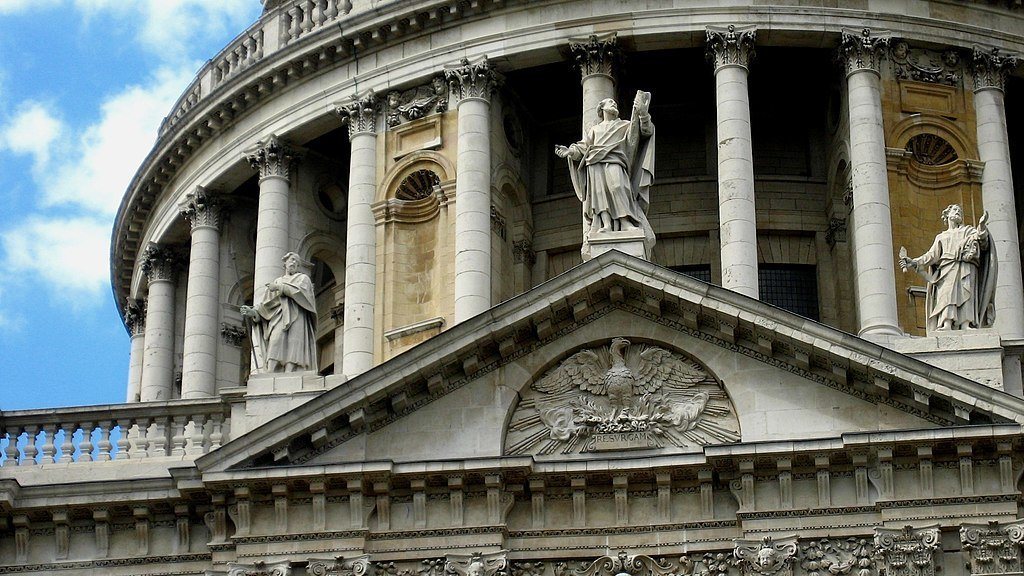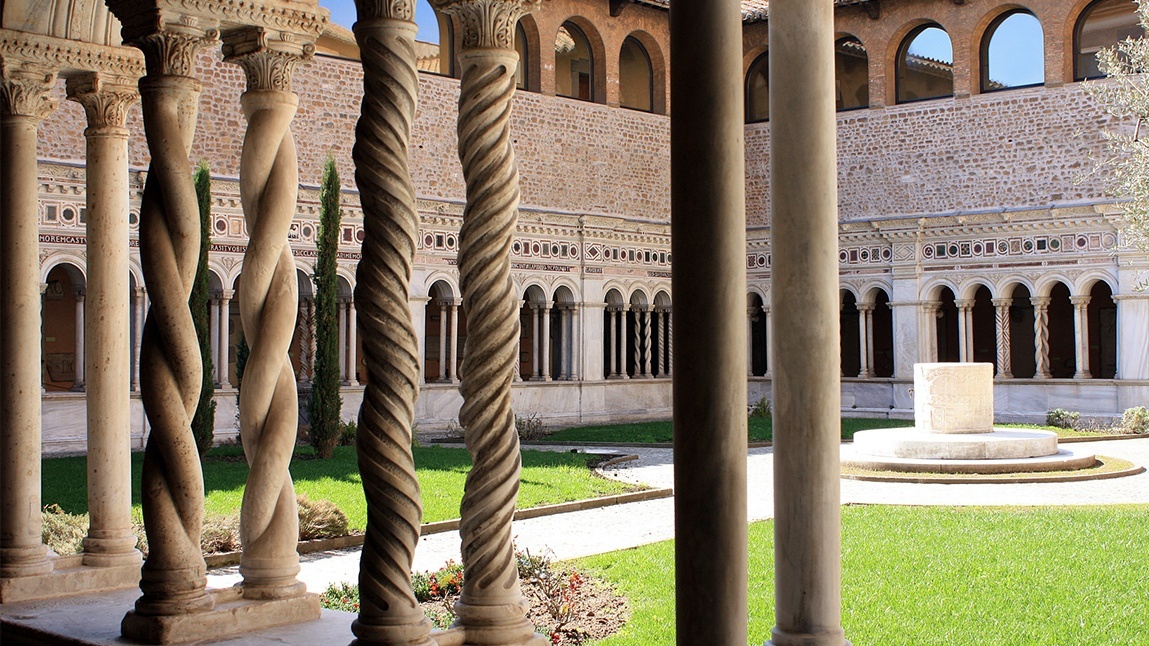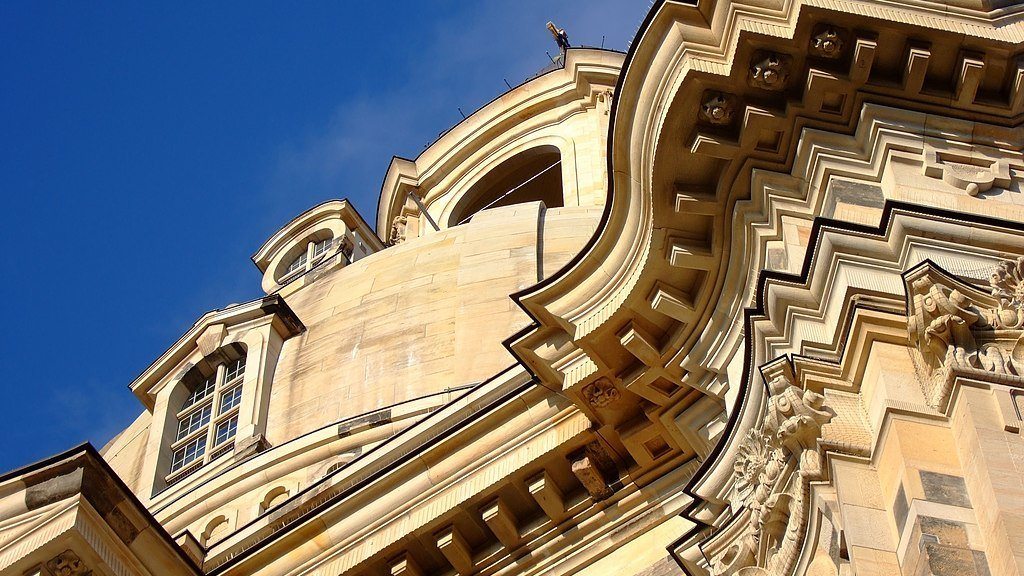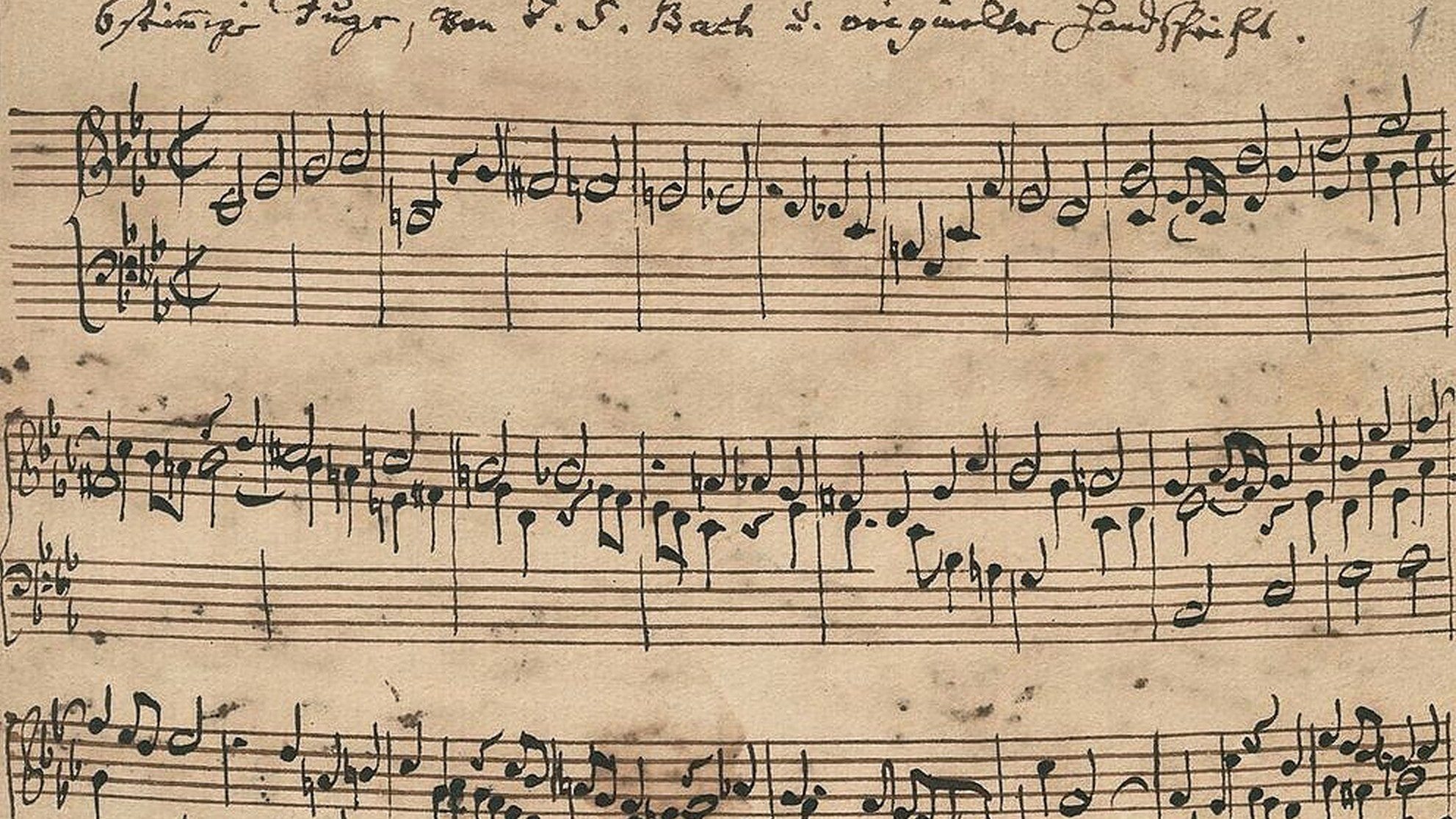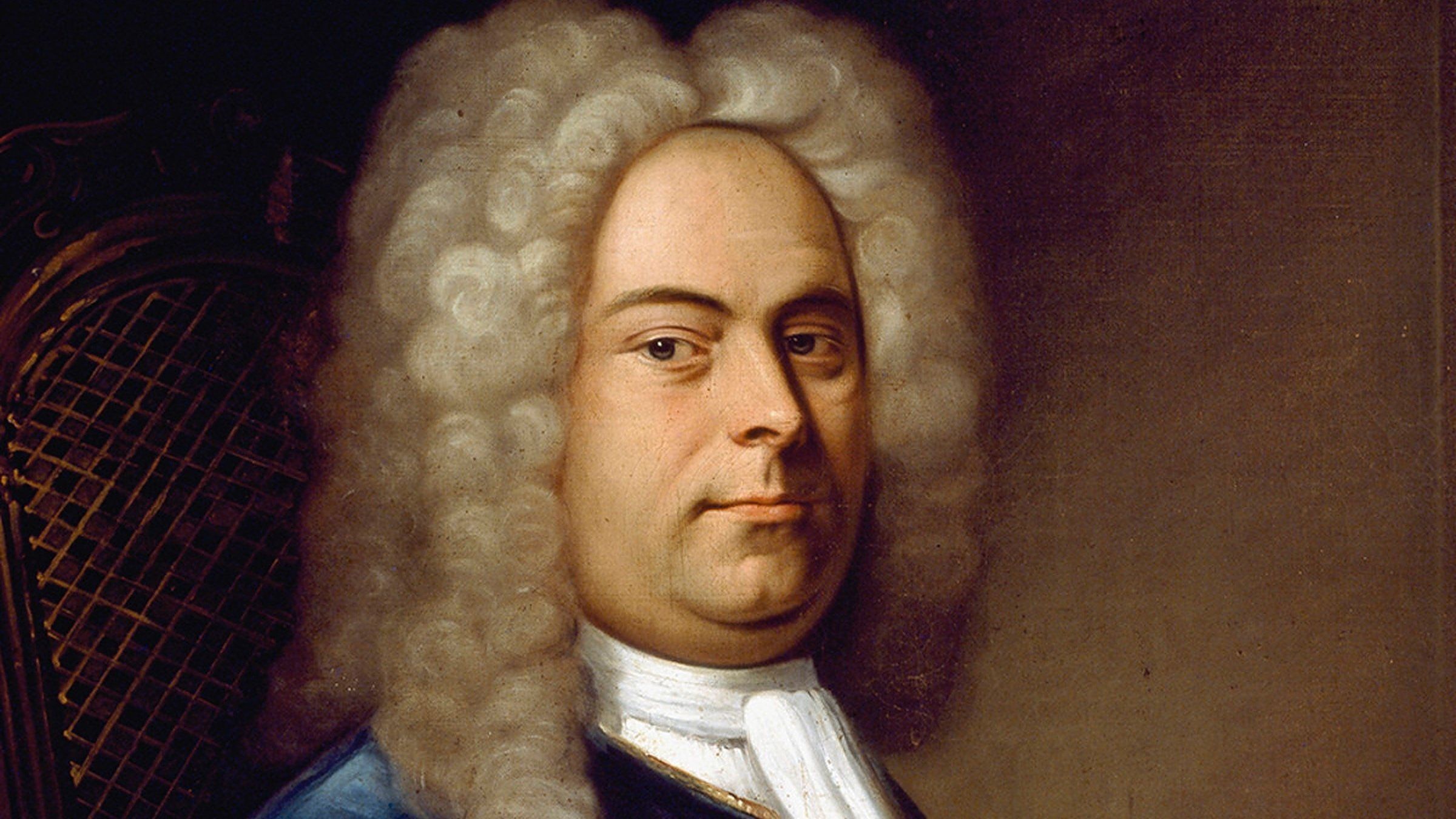Purcell’s Trio Sonata in G Minor, Z 807: A Monumental Chaconne
Henry Purcell (1659-1695), the most significant English composer of the Baroque period, left behind dramatic works such as Dido and Aeneas and The Fairy Queen, as well as sacred music and instrumental fantasias. Equally rich, yet perhaps less well known, are Purcell’s Trio Sonatas. Composed around 1680, these include the Twelve Sonatas in Three Parts (Z 790-801) and the Ten Sonatas in Four Parts (Z 802-811). The second collection was published posthumously in 1697 at a time when …



